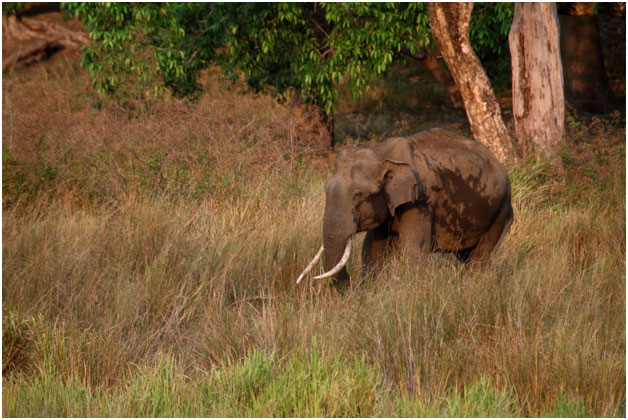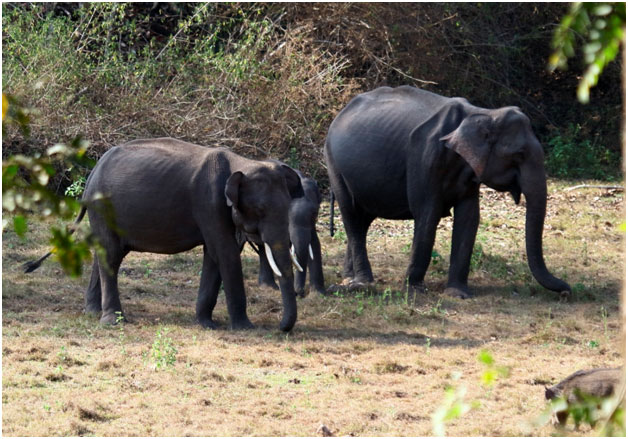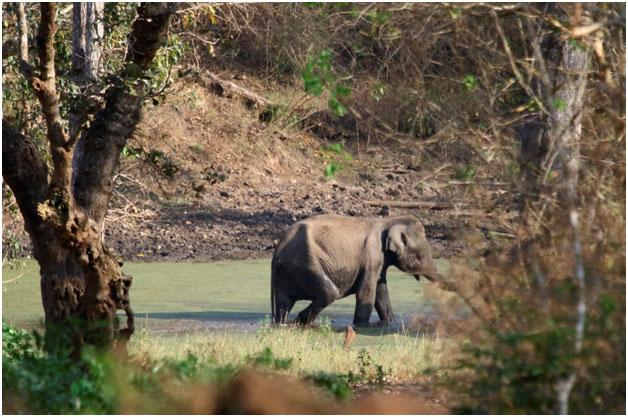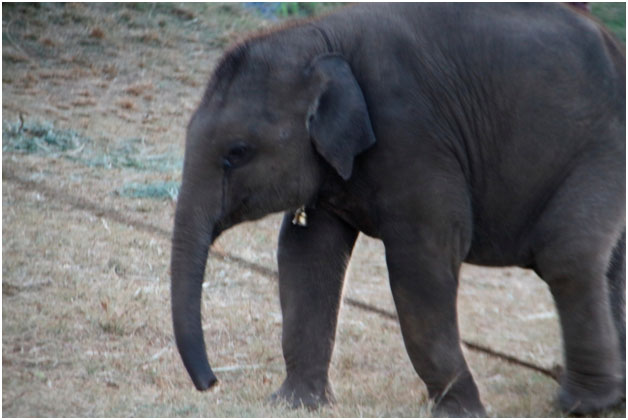Top 5 Elephant Reserves in India

- Mudumalai National Park: Located in Tamil Nadu, it is one of the most important elephant reserves in India.
- Bandipur National Park: Situated in Karnataka, it is a crucial habitat for Indian elephants and other wildlife.
- Periyar Tiger Reserve: Located in Kerala, it’s home to a significant population of elephants.
- Corbett Tiger Reserve: In Uttarakhand, it also supports a good number of Indian elephants.
Kaziranga National Park: In Assam, this park is known for its population of one-horned rhinos but also houses elephants.

Majestic Giants: The Elephants of Mudumalai National Park
Introduction
Nestled amidst the Nilgiri Hills of southern India, the Mudumalai National Park stands as a living testament to the region’s rich biodiversity and natural beauty. Among its many inhabitants, the Asian elephants hold a special place, captivating the hearts of visitors and researchers alike. These gentle giants play a crucial role in maintaining the park’s delicate ecosystem while offering a mesmerizing sight for all who are fortunate enough to witness them.
The Elephants of Mudumalai
Mudumalai National Park, spanning across the states of Tamil Nadu and Karnataka, provides a diverse and suitable habitat for a myriad of wildlife species, including the iconic Asian elephants (Elephas maximus). These elephants are the largest terrestrial mammals in Asia and are characterized by their formidable size, distinctive curved tusks, and wrinkled skin.
One of the park’s main attractions is the sight of these magnificent creatures in their natural environment. Mudumalai’s lush greenery, water bodies, and dense forests serve as a sanctuary for these elephants, allowing them to roam freely and engage in their natural behaviors.
Behavior and Social Structure
Asian elephants are known for their intricate social structures and strong family bonds. In Mudumalai, these elephants form groups led by matriarchs, typically older females with years of wisdom to share. These family units create a sense of unity and cooperation, helping them navigate their challenging environment and protect their young from potential threats.
Conservation Challenges
While Mudumalai provides a safe haven for elephants, they still face significant challenges in the wild. Encroachment of their habitat by human settlements, poaching for ivory and other body parts, and conflicts with humans due to crop raiding are some of the critical issues that threaten their survival.
Conservation Efforts
The authorities, local communities, and conservation organizations recognize the importance of preserving the elephants and their habitat. Various initiatives have been undertaken to mitigate conflicts, raise awareness, and support the coexistence of elephants and humans.
Ecotourism plays a vital role in promoting awareness and generating funds for conservation efforts. Responsible tourism practices in Mudumalai offer visitors a chance to witness these majestic animals in their natural habitat while contributing to their protection.
Conclusion
The elephants of Mudumalai National Park stand as living symbols of the park’s ecological importance and the need for wildlife conservation. Their grace, intelligence, and sheer presence inspire awe and remind us of the delicate balance between human activities and the natural world. As we continue to appreciate the beauty of these gentle giants, it is our responsibility to ensure their continued survival and well-being for generations to come.

Elephant Population in India:
As of my last update in September 2021, India had an estimated population of around 27,000 to 30,000 wild elephants. This population can vary due to factors like habitat loss, poaching, and human-elephant conflicts.
How to Help with Elephant Conservation in India:
- Support Conservation Organizations: Donate to and volunteer with organizations like Wildlife Trust of India, Elephant Family, and World Wildlife Fund (WWF) India, which focus on elephant conservation efforts.
- Spread Awareness: Educate people about the importance of elephants and the challenges they face due to habitat loss and human-elephant conflicts.
- Promote Habitat Protection: Support efforts to protect and restore natural elephant habitats and corridors.
- Reduce Human-Elephant Conflict: Promote sustainable land use practices, employ techniques like electric fencing, and develop early warning systems to mitigate conflicts between humans and elephants.
- Report Illegal Activities: If you come across any illegal activities related to elephant poaching or trafficking, report them to the authorities.
Elephant Intelligence:
Elephants are known for their impressive intelligence, emotional depth, and social complexity. They exhibit behaviors that indicate a high level of cognitive ability:
- Problem-Solving: Elephants are capable of solving complex problems and puzzles, often using tools like sticks to reach food.
- Memory: They have excellent long-term memory, allowing them to remember locations of water sources, migration routes, and individuals.
- Social Bonds: Elephants form strong social bonds within their herds, displaying empathy, cooperation, and even mourning for deceased individuals.
- Communication: They use a variety of vocalizations, body language, and infrasound (low-frequency sounds) to communicate across long distances.
- Self-Awareness: Elephants have passed the mirror self-recognition test, suggesting a level of self-awareness uncommon in many animals.
- Cultural Transmission: Different elephant groups may exhibit distinct behaviors, indicating cultural transmission of knowledge within herds.

Indian Elephant Amazing Facts:
- Trunk Dexterity: The elephant’s trunk contains over 40,000 muscles, allowing for incredible dexterity and versatility.
- Large Appetite: Elephants consume large amounts of food, with an adult eating around 200-300 kilograms of food per day.
- Gentle Giants: Despite their immense size, elephants are often gentle and compassionate creatures, showing affection to their young and other members of their herd.
- Unique Teeth: Elephant tusks are elongated incisors and can be used for various purposes, including digging, lifting, and defense.
- Herbivores: Indian elephants are primarily herbivores, feeding on a variety of plants, fruits, and grasses.
Symbolic Importance: Elephants hold cultural and religious significance in India and are often associated with deities, festivals, and traditional ceremonies.



